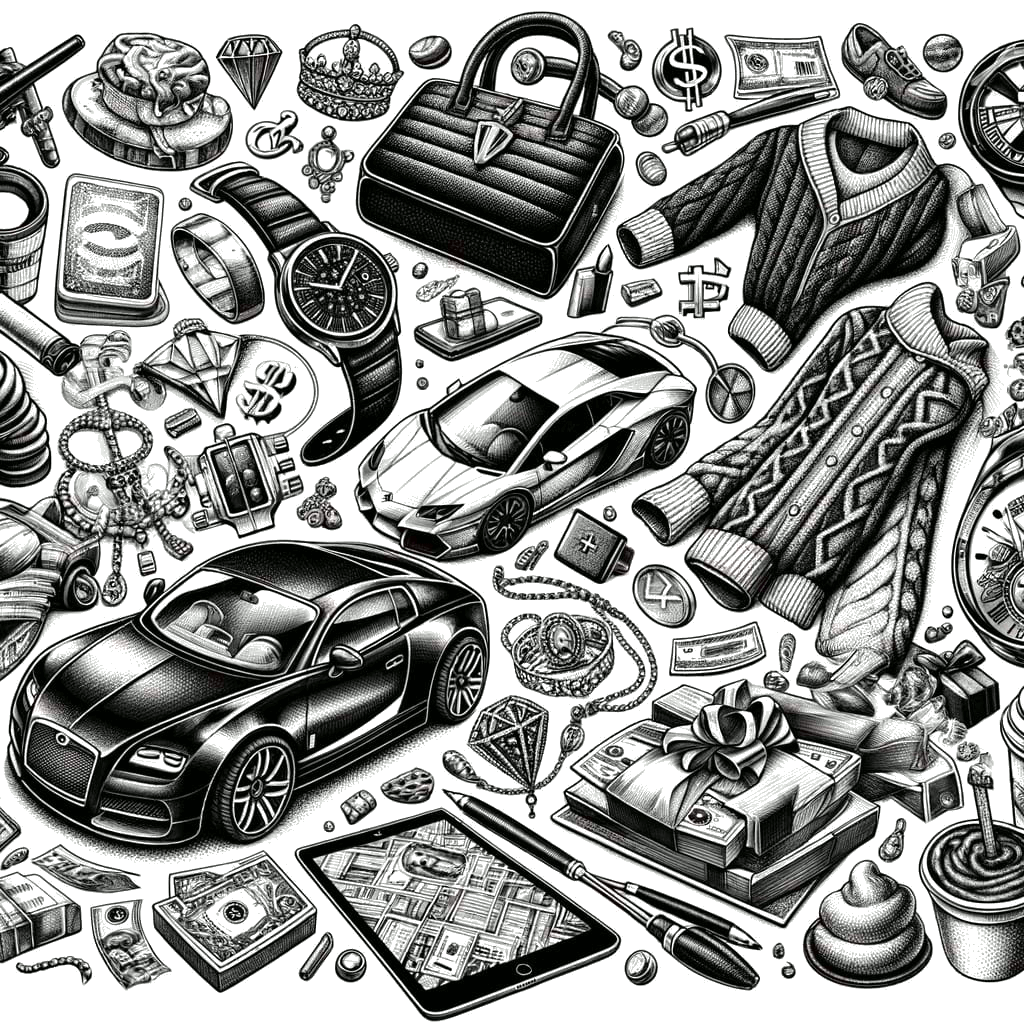
Materialism, defined as the importance placed on acquiring and owning material goods, presents significant challenges for the poor in emerging countries. Materialism exacerbates poverty, widens the socio-economic gap, and influences societal values in ways that disadvantage the impoverished.
Firstly, materialism often leads to increased consumerism, where the acquisition of goods is seen as a measure of success and well-being. In emerging countries, where economic growth is often rapid, this can create stark disparities. The wealthy, able to indulge in consumer culture, further accentuate their status through the possession of luxury items. In contrast, the poor, lacking the means to participate in this culture, find themselves marginalized. This not only deepens existing economic divides but also fosters a sense of inadequacy and social exclusion among the poor.
Furthermore, the rise of materialism can shift societal values towards superficial measures of success, such as the ownership of the latest technology or fashion. This shift often comes at the expense of more traditional values that emphasize community, family, and spiritual well-being. For the poor, who are less able to engage in materialistic pursuits, this can lead to a sense of alienation and a lack of belonging in their own societies.
Additionally, materialism can influence government policies and corporate practices. In a bid to attract investment and encourage economic growth, governments might prioritize sectors that cater to consumerism, such as luxury goods and services, over those that address the basic needs of the poor, like affordable housing, education, and healthcare. This prioritization can exacerbate poverty and limit the opportunities available to the impoverished to improve their circumstances.
The environmental impact of materialism also disproportionately affects the poor. The increased production of goods required to satisfy consumer demand often leads to environmental degradation, which tends to disproportionately impact poorer communities. These communities are frequently located in less desirable areas, more susceptible to pollution and environmental hazards, further entrenching their poverty.
Finally, the emphasis on material wealth can lead to corruption and income inequality, as individuals and institutions prioritize personal gain over societal welfare. This corruption further limits the ability of the poor to improve their circumstances, as resources that could be used to address poverty are diverted for personal enrichment.
In conclusion, materialism in emerging countries poses a significant challenge to the poor. It not only widens the socio-economic divide but also shifts societal values and priorities in ways that disadvantage those who are already marginalized. To address these challenges, a more balanced approach to development, one that values both material well-being and social equity, is essential. It is the human spirit that counts and not possessions.
